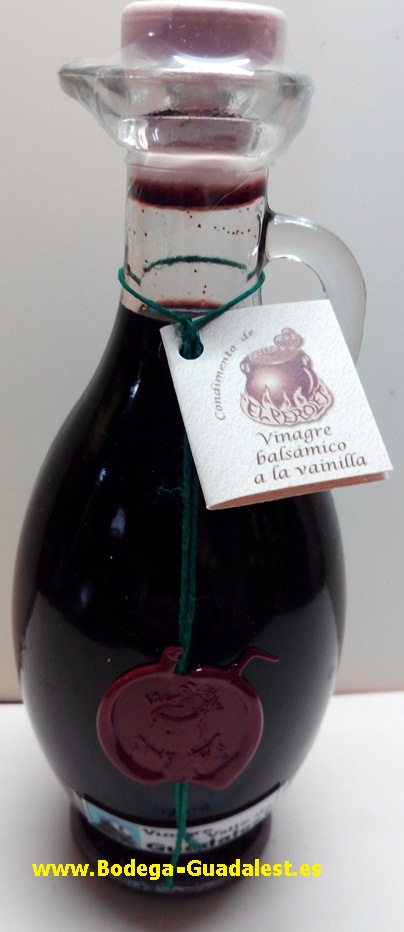Properties of Propolis
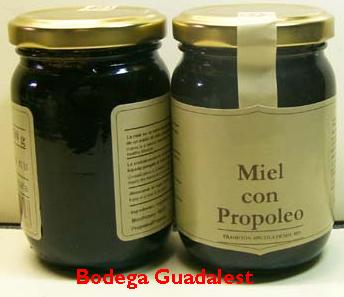
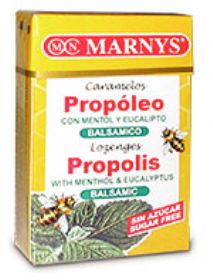
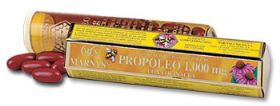
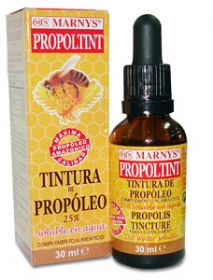
Propolis
It is a resinous substance from trees and wild shrubs, which the bees extract to the tightly
packed her hive and prevent it from forming in any type of infection
The propolis was formerly used for wound healing.
The priests of ancient Egypt´s most often used as medicine and as part of the embalming
ointments and creams.
Also by the Greeks, whom we named "prop": "pro" meaning "before" and "polis" which means city
When burned, it emits a fragrance of aromatic resins.
Propolis is rich in bioflavonoids and essential oils, and contain trace elements, vitamins and amino acids.
The term comes from Greek propolis Propolis meaning "defense of the city" (Pro-before-town of Polis, which translates as defenses before the Ombudsman for the city or town).
Thanks to the antibiotic action of propolis, which protects against viruses and bacteria activity, the beehive is one of the most barren places known in nature.
Propolis has a consistency variable, depending on its origin and temperature. To 15° C is hard and
becomes more pliable as the temperature ument. Its melting point varies between 60 to 70° C, and in
some cases up to 100° C. Their color also varies from light yellow to dark brown, to a large amount
of brown tones. Depending on the plant may have brown to black. Its smell is also highly variable,
generally pleasant, and sometimes reminiscent of vegetable origin, while in other cases has predominant
smell of wax.
Amino acids, vitamins, minerals, etc.. Among all these compounds include bioflavonoids. Propane in their
raw state contain 500 times more bioflavonoids than oranges, ,which are now considered beneficial
in states of convalescence. However, scientific studies conducted by various researchers around the world have
shown that the effect of pur is achieved by the synergistic action of all its components
Propolis is the
immune system of trees. The bee is covered and transformed, to disinfect the hive, seal cracks and embalm
intruders can not eject because of its size.
Propane can be marketed as an extract or formulations used in cosmetics and pharmaceuticals.
It is available packaged as an extract of propolis.

Because of its
composition and properties are often recommended in cases of recurrent respiratory or any situation in which
the body´s defenses are low.
Propane is what guarantees the total asepsis hive genuine
hotbed of viruses and bacteria
Composition: It is the most researched product of the hive. You have identified over 250 elements and 50 biologically active principles. You resins, balsams, essential oils, minerals (over 20 trace minerals), vitamins, amino acids (7 of 8 essential) and more than 50 groups of flavonoids.
Properties:
Scientifically proven he has 20 properties:
is: antibacterial, antifungal, anticolesterolé:mico, antiparasitic,
anti-inflammatory, antioxidant, antitoxic, antiallergic, analgesic, anesthetic, antituberculous, antiviral,
cytostatic, deodorant, epithelializing, stimulating inmunogenesis, fitoinhibidor, hemostatic, hypotensive and
heat stabilizers.
It is an excellent bio. Trace elements contribute to the healing of anemic, prevent arteriosclerosis and
increase the body´s immune capacity. The pur stimulates the immune response of the body, complementing both
functions without altering the bacterial flora, which happens to synthetic antibiotics.
Your benefits throughout your body
-
Circulatory system: The combined effects pur-vessel dilator and hypotensive, decreasing capillary fragility, inhibit the oxidation of cholesterol and normalizes blood pressure. These effects are achieved with regular use and should not expect magical effects in case of hypertensive crisis
-
Throat and mouth: in tonsillitis, pharyngitis, laryngitis, mouth sores, dental abscesses, thrush and gives very good results.
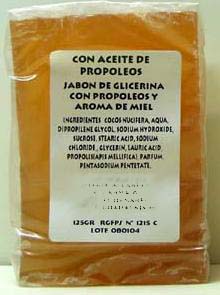
-
Respiratory: A broad-spectrum antibiotic that does not produce Dysbacteriosis and has deservedly earned a reputation for effective shot. Its anti-inflammatory and anesthetic action makes it effective protector of the throat and vocal cords.
Before the cold is very useful as an adjunct to other therapies.
In cases of pulmonary turbeculosis can also be a good ally. -
Digestive system and colon: In this aspect exerts multiple actions: normalizes intestinal peristalsis, regulates appetite, helps the regeneration of ulcers, is protective and prevents liver parasites.
In cases of gastric ulcer is a great help to combat the bacterium "Helicobacter Pylori" believed responsible for this disease.
Have achieved good results in some patients with Diverticolitis, gastritis, Crohn´s disease and diarrhea of intestinal candidiasis. -
Dermatology: Its remarkable healing capacity, disinfectant and anti-inflammatory is recommended for wounds, burns and skin conditions. Also ideal as a broad spectrum fungicide.
-
Dentistry: Increase oral health for their principles antiseptics, antibiotics and anti-inflammatory. It also stimulates the generation of dentine (tooth enamel) and prevents tooth decay and plaque.
-
Gynecology: Candida, uterine ulcers, vaginal inflammation and itching usually respond very well to pur washings diluted with water.
-
The skin: the prop is great in the fight against fungal infections or fungal skin.
People long prostrate in bed with sores or ulcers can also benefit greatly.
In Islamic medicine was widely used for wounds.
Acne in works well as a cream or face wash diluted with water.
In irritant ulcerations of the fingers of the hand, commonly called "allergy to detergents housewives" are getting good results using pur-based creams and calendula.
Chilblains also greatly improved with the same cream.
Contraindications:
None. No allergic reactions have been detected, or toxicity from overdose. It has been shown to perfectly
compatible and complementary to other therapeutic practices.
Only a small percentage of the population is allergic to pur and other bee products (pollen, royal jelly,
honey, venom). Allergic reactions to pur usually appear in people who are allergic to bees, or bites.
Care: To maintain its properties it needs to be preserved from light and temperature, given the delicate biological characteristics of its components.
From a nutritional point of view:
The chemical composition of pur is quite complex and depends on the plant source. It basically consists of a 50-55% resins and balsams, 30-40% of bee wax, 5-10% of essential or volatile oils, 5% pollen and 5% miscellaneous materials (organic and mineral). There are more than 160 compounds, of which 50% are phenolic compounds, to which are credited with pharmacological action.
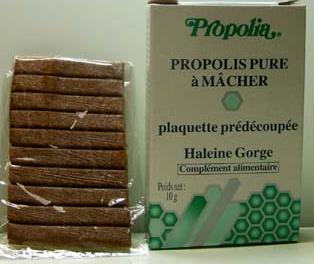
The main phenols identified were:
- Flavonoids (flavones, isoflavones, flavononas)
- Aromatic acids and esters (caffeic acid, cinnamic and others)
- Aromatic aldehydes (vanillin and isovanillin)
- Coumarins
- Triglycerides phenolic
There is another group of compounds and mineral elements found in trace quantities (almost negligible amounts) that are of fundamental importance in the biological activity of PROP and cell metabolism, emphasizing the pro-vitamin A and some B vitamins, especially Vitamin B3 or nicotinamide, in addition to lactones, polysaccharides, amino acids and others not yet identified.
Because of its composition and properties are often recommended in cases of recurrent respiratory or any situation in which the body´s defenses are low.
It is necessary to store in a cool, dry place in tightly closed containers.
Sizes and proportions:
The usual dose is about 20-30 drops in half glass of water 3 times a day.
© Bodega Guadalest 2017 ©
0 items

